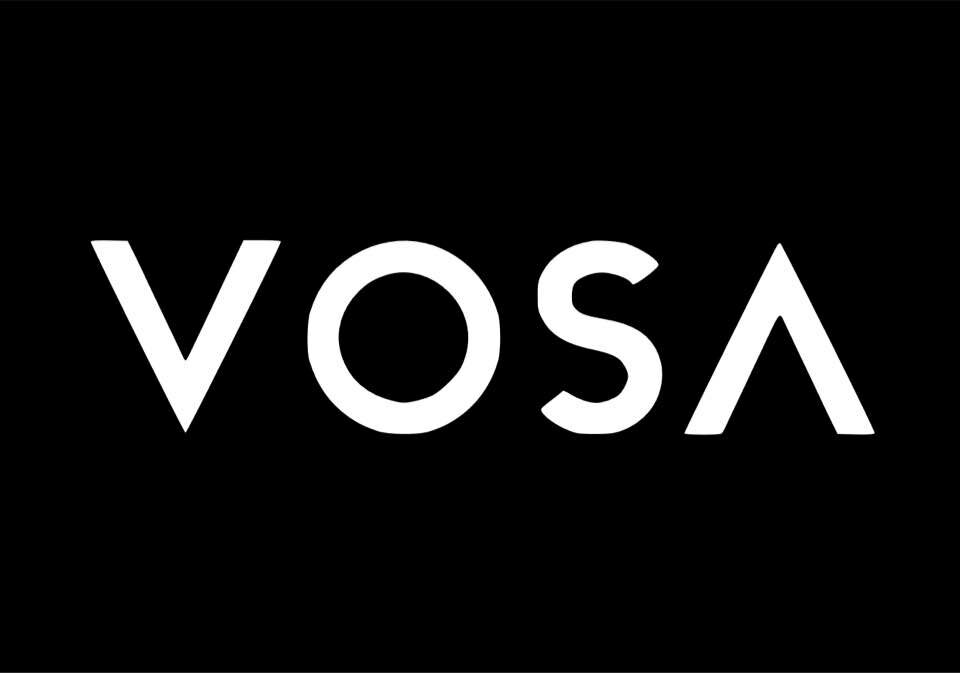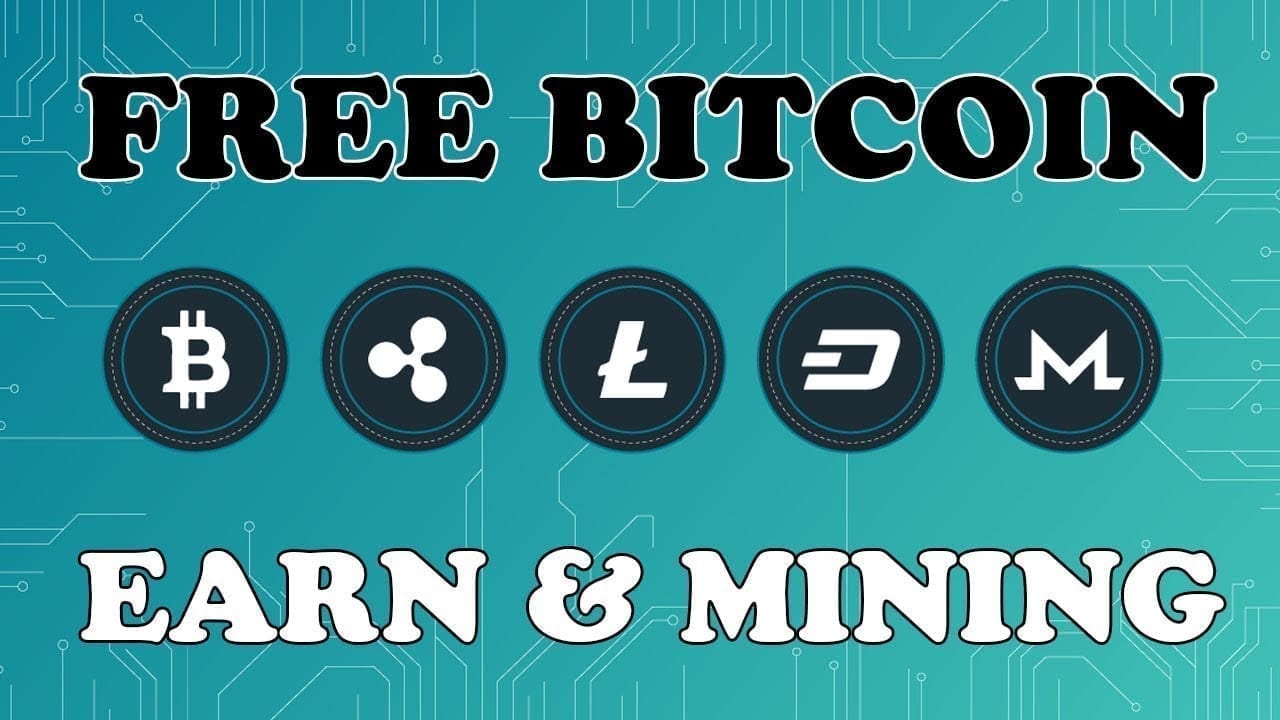
A decentralized exchange (DEX) is an exchange market that does not depend on an outsider administration (third party) to hold the customer’s funds. Rather, through an automated process, trades occur directly between users. Decentralized exchanges (unlike centralized) aren’t coordinated by one entity.
According to the latest reports, the launch of a decentralized cryptocurrency exchange business seems like a good and efficient choice. This is due to the great advantage of a decentralized platform which gives top security, anonymity, and freedom from censorship. Since there is no third party involved, one is free to hold the funds in his personal wallet. Privacy is most commonly the best advantage of decentralized exchange as one is not required to give personal details to anyone. There are many advantages that make traders want to move on their way to a decentralized exchange platform. However, a transition to a decentralized business models is not easy to accomplish overnight and it also has some disadvantages.
The first step for a decentralized cryptocurrency exchange business model is to make a list of services that one will offer to marketers. There are three main pathways in which decentralized exchanges are being developed:
- On-chain order books and settlements
- Off-chain order books with on-chain settlement
- Smart contract-managed reserves
However, there is still some centralization in decentralized exchanges. This is related to the developers who are in charge to oversee the whole process of exchange and write the code for smart contracts. DEX is usually grouped into two major categories of decentralized business models and what separates them is the actual level of decentralization:
1. Decentralized business models without or with low dependency on trusted third parties (Bitcoin is the main example of this. Bitcoin represents a digital value transfer and value store on the Internet. Another example of a token with decentralization properties is the first layer of Lkencoin. The Token is launched as a new chain based on the Bitcoins code. Ownership consensus is achieved by mining (POW) as in Bitcoin. There are no trusted third parties).
2. Decentralized business models with certain dependence on trusted third parties (This business model uses the technology of Bitcoin, Ethereum and other blocked protocols. While the token can be transmitted via Etherum/Bitcoin blockchain, and exchanged on stock exchanges, they are built on centrally controlled platforms and as such require trust in third parties).
There are many well-known decentralized exchanges and more are yet to come.
If you need further clarifications on cryptocurrency issues, get in touch with VOSA HELPDESK.


